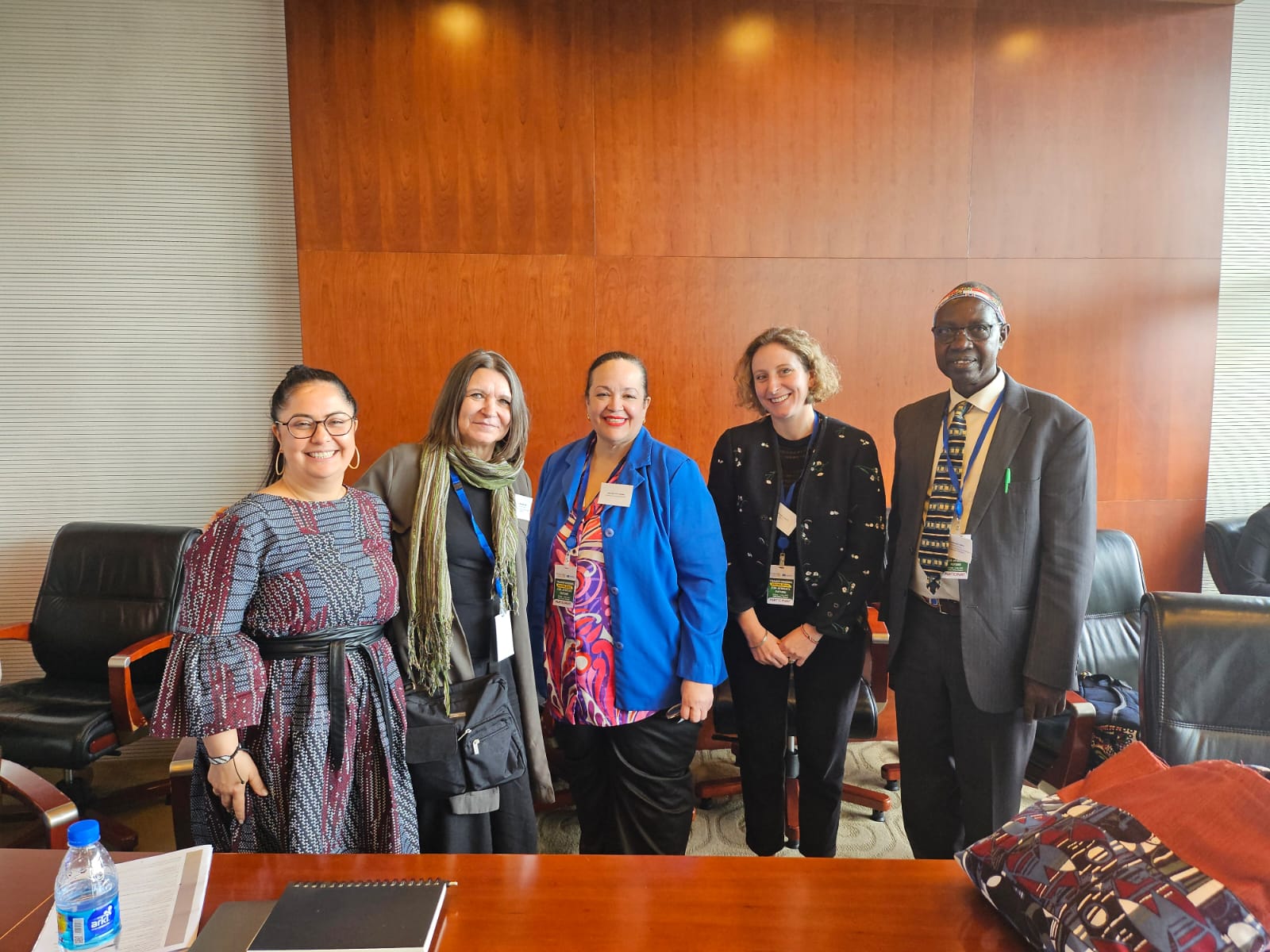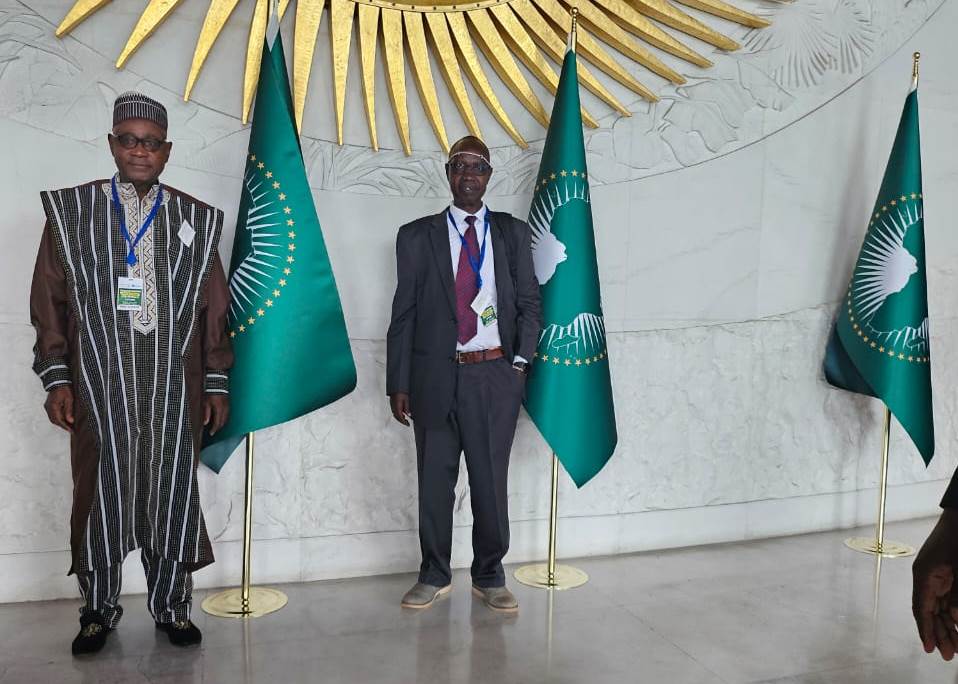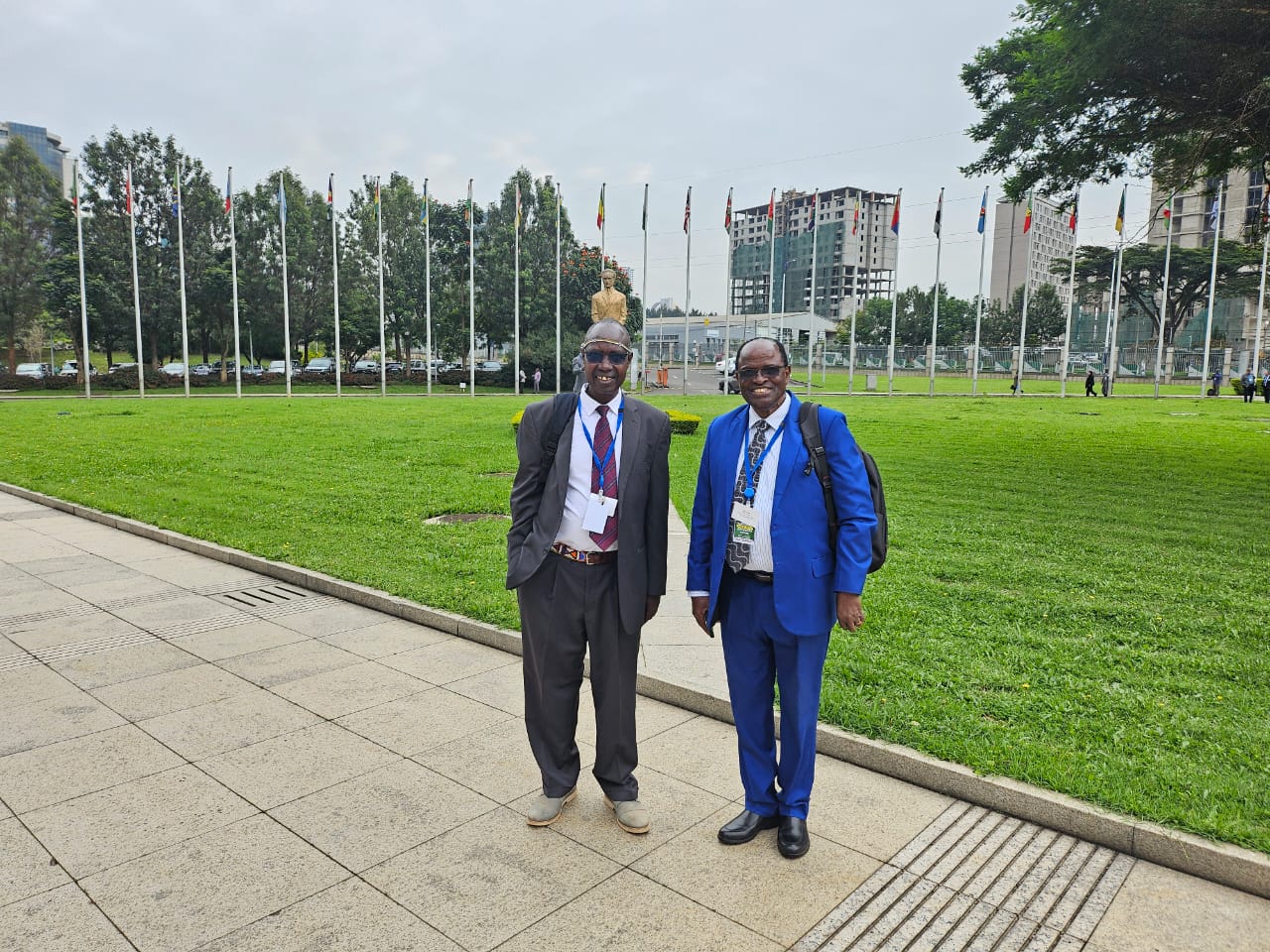Kabarak University, led by Professor Joel Kipkemboi Kiboss, is playing a pivotal role in the ongoing International Forum of UNESCO Chairs and Partners, convened by the African Union and UNESCO from September 30 to October 2, 2024, in Addis Ababa, Ethiopia. The forum, themed "Transforming Knowledge for Africa s Future," aims to foster partnerships that advance arts and culture education across Africa, highlighting the importance of integrating culture into educational systems to promote sustainable development.
Kabarak University is honored to co-organize a parallel session at this prestigious event titled "Enhancing Arts and Culture Education through Research Cooperation." The session underscores the university's commitment to advancing research and collaboration in arts and culture education throughout Kenya and the Eastern Africa region. As the holder of the UNESCO Chair in Culture and Arts in Education for Sustainable Development, Kabarak University is a leader in this global initiative that aligns with UN Sustainable Development Goal 4 ensuring inclusive, equitable, and quality education for all.
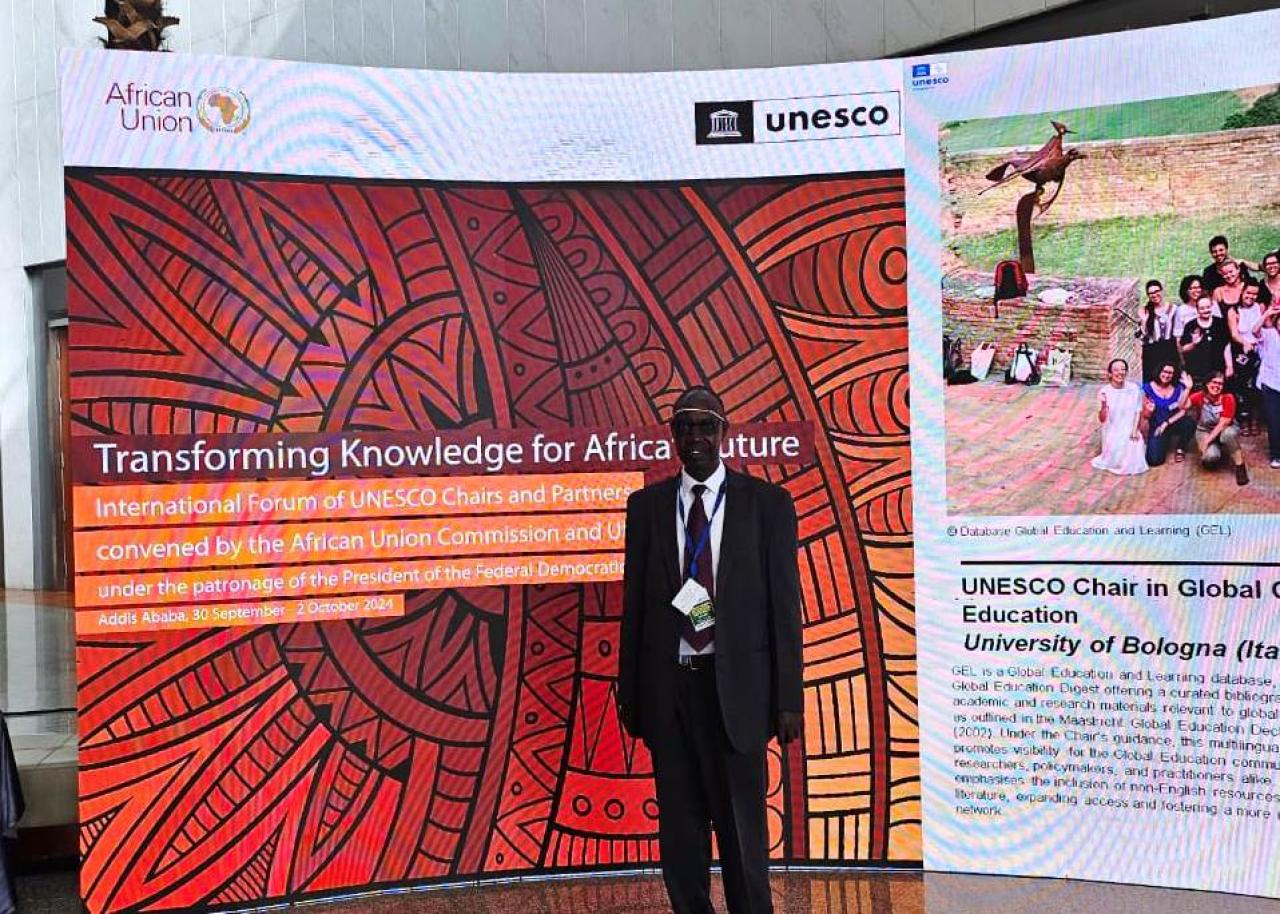
In this crucial parallel session, Professor Joel Kipkemboi Kiboss is delivering welcoming remarks and setting the tone for discussions that emphasize the untapped potential of arts and culture education in driving socio-economic growth and creative industries across Africa. He is joined by distinguished leaders and scholars who are exploring strategies to strengthen research cooperation between African universities. Professor Kiboss s remarks highlight Kabarak University s dedication to bridging the gap between education, culture, and creativity.
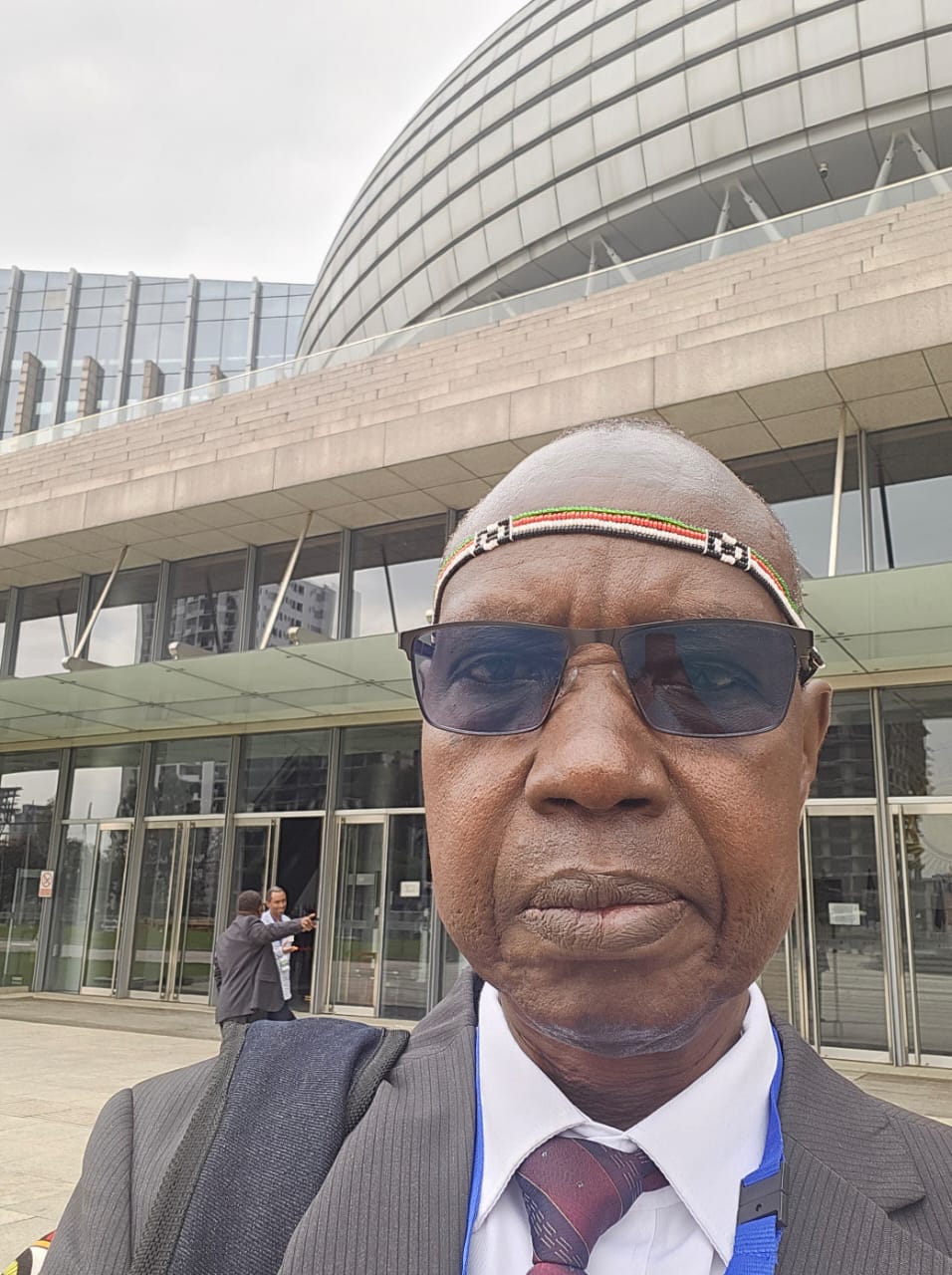 Prof. Joel K. Kiboss, Professor, Education Communication and Technology, UNESCO Chair in Arts and Culture in EducationFollowing his welcome address, Professor Kiboss will also present the keynote speech for the session. His address is expected to inspire thought-provoking discussions on how arts and culture education can enrich learning experiences, foster innovation, and create sustainable job opportunities, particularly for the youth in Africa.
Prof. Joel K. Kiboss, Professor, Education Communication and Technology, UNESCO Chair in Arts and Culture in EducationFollowing his welcome address, Professor Kiboss will also present the keynote speech for the session. His address is expected to inspire thought-provoking discussions on how arts and culture education can enrich learning experiences, foster innovation, and create sustainable job opportunities, particularly for the youth in Africa.
This parallel session focuses on developing robust networks among African universities, UNESCO Chairs, and research institutions. By fostering cooperation, knowledge exchange, and the sharing of best practices, Kabarak University aims to advance the role of Technical and Vocational Education and Training (TVET) in integrating arts and culture into educational curricula. This initiative supports not only the African Union s Agenda 2063 but also UNESCO s Framework on Culture and Arts Education.
The session includes a panel discussion, where Professor Kiboss is joined by esteemed academics such as Professor Emily A. Akuno from The Technical University of Kenya and Professor Jill Margaret Pribyl from Uganda s University of Kisubi. Together, they are charting pathways to strengthen student exchanges, collaborative research, and teacher training programs that will enhance the ability of educators to incorporate culture into their teaching.
Thanks to Kabarak University's exemplary contributions to this global initiative, it is set to be included in the Annals of the African Union and UNESCO. This achievement is a reflection of the visionary leadership of Vice Chancellor Professor Henry Kiplangat, the strong support from the University management, Dean Professor Ngala, and the dedicated UNESCO Chair team. We are deeply grateful for their ongoing efforts, and we thank them for their remarkable contributions. May God bless you all abundantly!
As the forum continues, Kabarak University is reaffirming its role as a leader in the integration of arts and culture into education. The welcoming remarks and keynote speech by Professor Kiboss have set the stage for meaningful dialogues, showcasing Kabarak University s commitment to shaping an inclusive and sustainable future for African students.
The university s ongoing efforts to foster research cooperation and educational partnerships align with its broader vision to build resilient societies that value cultural diversity. Through collaboration with other African universities, Kabarak University continues to drive forward the promise of quality, culturally enriched education for all.
This ongoing forum is another milestone in Kabarak University s journey toward promoting arts and culture in education across Africa. Stay tuned for more exciting updates as Kabarak University continues to shape the future of education for sustainable development!



